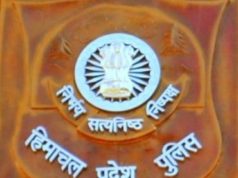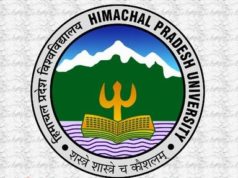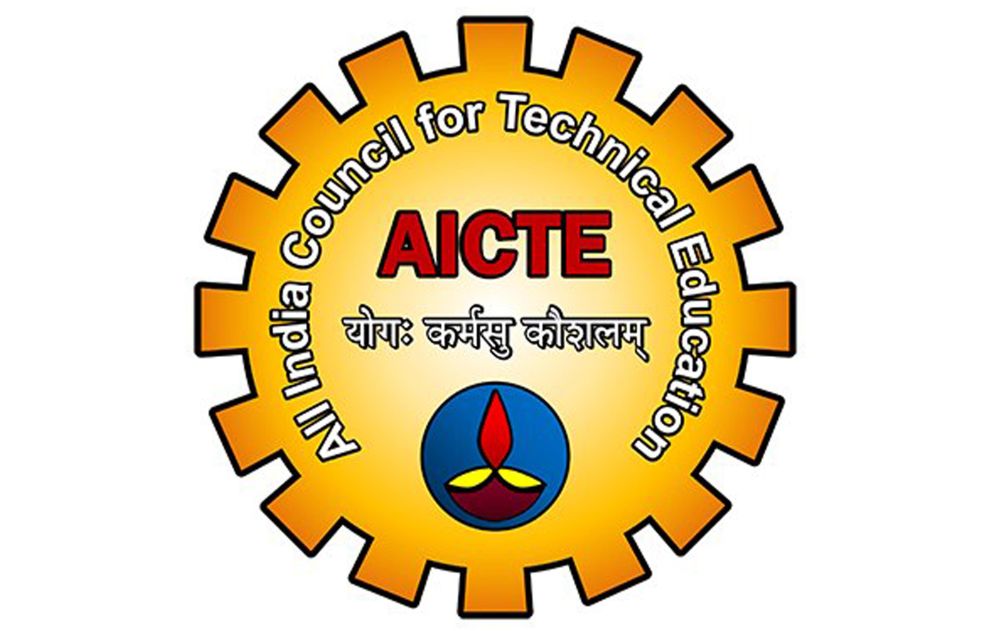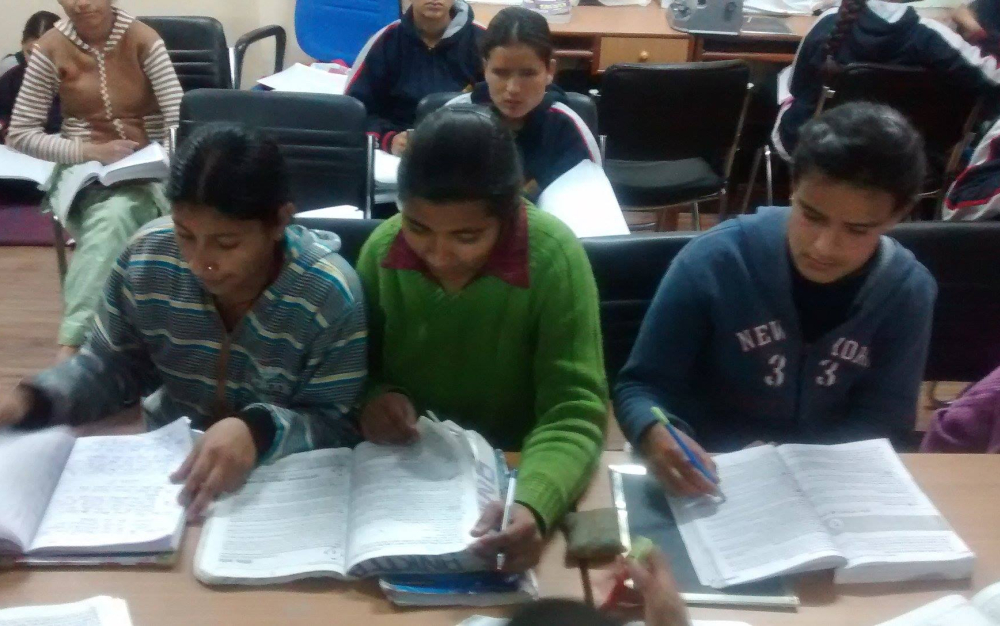In a groundbreaking decision, the University Grants Commission (UGC) has initiated a comprehensive examination of the awarding of PhD degrees and the appointment of teachers across higher educational institutions. A newly constituted standing committee will be at the forefront of this investigative endeavour, aiming to unveil the extent to which educational institutions adhere to the set standards in these critical areas.
The move comes in response to a rising number of complaints and concerns regarding irregularities in the appointment of teachers and the process of awarding PhD degrees. The UGC has taken a proactive stance, signalling that serious action will be taken if any discrepancies are uncovered during the examination.
The Standing Committee, handpicked by the UGC, has already pinpointed several higher educational institutions that will undergo scrutiny. UGC authorities will extract detailed information from these institutions regarding the entire process of awarding PhD degrees. The focus of the investigation will be on analysing the documents associated with PhD degrees conferred by these universities in recent years. The central question will revolve around whether these institutions have diligently followed the standards set by the UGC.
Under the new guidelines set by the UGC, candidates eligible for PhD admission must have completed either a four-year graduation course or a three-year graduation program along with a two-year master’s degree. A crucial criterion is the requirement of a minimum of 75% marks in the four-year Bachelor’s degree and a minimum of 55% marks in the two-year Master’s degree. Candidates from SC, ST, and OBC categories will be eligible for a relaxation of up to five percent in the minimum marks. Additionally, aspiring PhD candidates must have completed an MPhil with a minimum of 55% marks.
This sweeping examination by the UGC aims to ensure the integrity of the academic processes within higher educational institutions, promoting transparency and adherence to the prescribed standards. As the standing committee delves into the intricacies of PhD degree awards and teacher appointments, the higher education landscape in the country is poised for a transformative evaluation that will shape the future of academic practices.













